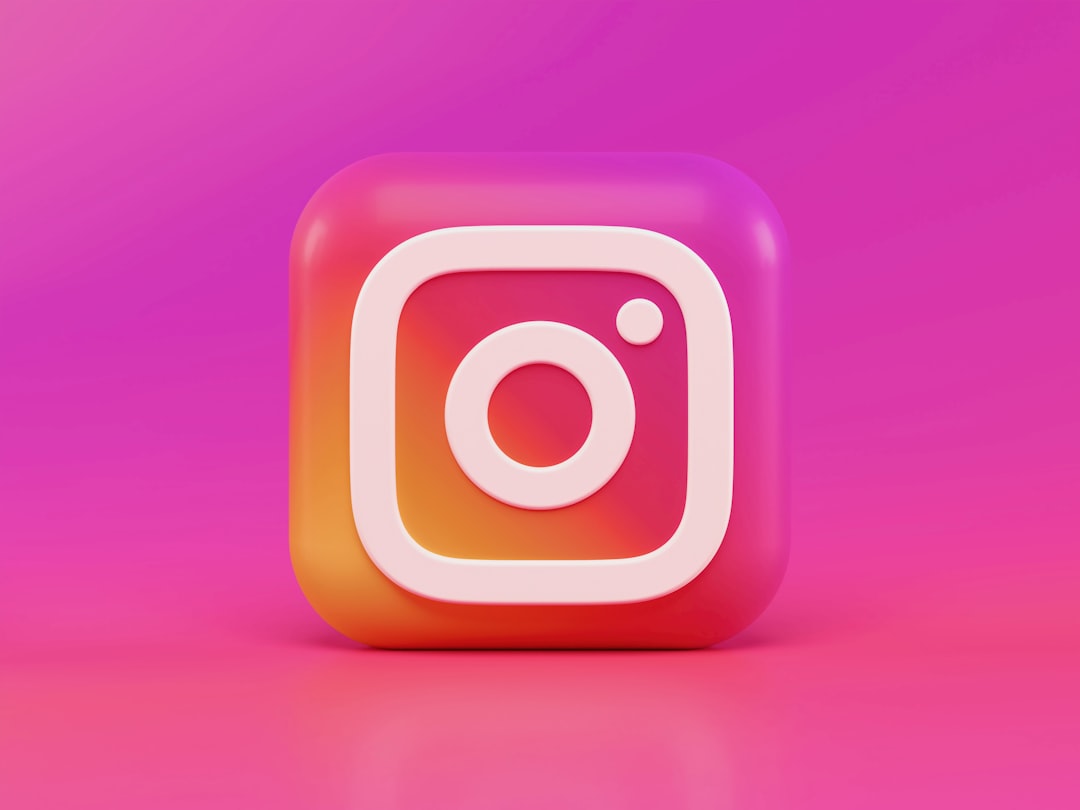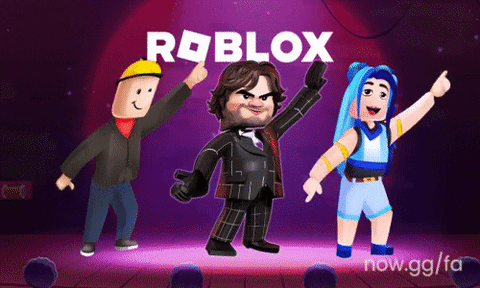- Creator Briefing
- Posts
- 😢 Why we lose love for influencers
😢 Why we lose love for influencers
#135
Issue #135 | Your reading time this week is 4 mins. 30 secs.
Welcome back to the Creator Briefing.
Here’s just some of what I’ve been thinking about this week:
A look at ‘Influencer Voice’. What is it, and why do TikTokers use it?
Why we often fall out of love with our once-fave influencers
The UK is to get Instagram’s creator marketplace
The micro-influencers nudging the U.S electorate
You don’t have to be Poirot to have spotted that the posting of this newsletter has jumped around the days of the week recently. I’m searching for the best time and day to post regularly. Can you spare 2 secs in the poll below to tell me when you’d most like to receive Creator Briefing?
What day would you most like to receive the Creator Briefing? |
Why so many creators soundalike
Why do so many creators uploading videos to Instagram Reels or TikTok soundalike? Linguistics call it ‘Influencer Voice’ - it’s a mutation of ‘YouTube Voice’ progogated by beauty YouTubers from 2011 onwards.
In this “Never Post” podcast episode host Mike Rugnetta explores the phenomenon of the ‘Influencer Voice’ with Dr. Lisa Davidson the Silver Professor of Linguistics at NYU and sociophonologist.
The two discuss how certain sonic characteristics make influencers sound the way they do but also what social position they’re hoping to attain through these speech patterns.
Adopting Influencer Voice is a way for creators to fit in and “indicate I’m a member of this community” says Dr. Davidson.
Influencer Voice is so entrenched that some creators are even parodying the speech style. Take Natalya Toryanksi for example.
So, what exactly is Influencer Voice? anything that is not fluent speech is cut out. There is heavy use of both ‘uptalk’ and ‘creaky voice’ at the close of phrases.
With so much of our time spent watching Reels or TikTok videos is there a possibility we’ll all start adopting ‘influencer voice’ - probably not reasons Dr Davidson. Her reason is to do with the relationship between video consumer and video creator - a parasocial relationship rather than a reciprocal one.
“For sound change to happen you really have to be interacting with people. It's not really enough just to hear people… we're not interacting with these influencers, right? We're just hearing them.”
ADVERTISEMENT
#AD SUMO are Influencer Marketing and Talent Management recruiters. If you work within the Creator Economy and would like to expand your team, or if you’re seeking a new opportunity, we would love to hear from you. Visit: www.sumo.london
Why we often fall out of love with our once fave influencers
Part of the influencers’ allure is their relatabilty. They’re people like us, we feel close to them - even thinking of them as friends. Though, they’re likely unaware of our existence. It’s a parasocial relationship.
Three academics have now written a study of two prominent gossip forums which feature commentary on influencers. The findings from Dr Rebecca Mardon, Hayley Cocker & Professor Kate Daunt show these parasocial relationships can turn sour, with love and adoration replaced by feelings of hostility and even hatred.
The tipping point for hostility from affection comes when influencers begin to impose boundaries on the content they share online to protect their privacy and mental health.
The new absence of personal details from the influencer’s life breaks the illusion of intimacy with the follower. Affection turns to animosity. The follower may feel betrayed, excluded, scorned - like wronged friends and so seek revenge.
Many then turn to gossip forums including Tattle Life and Guru Gossip to vent.
Findings from the academic study show gossip forums enable users to overcome feelings of exclusion by recreating the illusion that they know the influencer intimately. Their data indicates that posting on these gossip forums can help followers ‘feel seen’ and validated by influencers in a way that they don’t outside of the forums.
Get ready for PMW UNLOCKED
There’s just over a week to go until PMW Unlocked. Have you got your tickets yet?
Held in London on 05 and 06 March Performance Marketing World Unlocked is a two-day conference and exhibition designed for marketers within influencer marketing, AI tech and data, and ecommerce.
The Influencer Marketing Trade Body (IMTB) is set to chair the event’s Creator Stage, hosting a curated agenda of panel sessions, presentations and fireside chats with senior influencer marketers.
DECLARATION: I’m the director-general of the IMTB - association partner to PMW Unlocked.
Weaponising complaints to the ASA
A new academic study has found that many influencer followers turn to influencer gossip forums like Tattle Life to mobilise forum goers into filing mass revenge complaints.
Followers become exasperated when influencers fail to effectively disclose paid ads. They turn to these forums to facilitate mass reporting of non-compliant posts to the ASA. The study suggested that retaliating in this way enables forum members to alleviate feelings of being exploited
The Chinese live streamers trapped in one-sided, long-term contracts
There are 24,000 talent agencies in China powering a multibillion-dollar livestreaming industry. But, with supply outstripping demand some wanna-be influencers have become trapped in onerous low-paying, multi-year contracts.
It’s an age-old story told a hundred years ago with Blues musicians and record companies. Or, more recently via YouTube with MCNs.
Today it’s livestreaming influencers in China where In December 2023 alone, Chinese courts passed 23 judgements on livestreaming contract disputes.
Liu Xiaoqing, a lawyer in Wuhan, told Rest of World her firm processed more than 200 cases involving livestreaming contracts last year.
Often cited reasons for contract quitting include mental distress and low income. Nearly all (95.2%) of influencers who counted livestreaming as their main source of income earned under 5,000 yuan ($702) a month.
The livestreaming contracts are usually created as business deals rather than labour contracts. This makes it difficult for streamers to secure any labour protection.
The micro-influencers nudging the U.S electorate
In Creator Briefing #130 we discussed how influencer marketing will play a significant role in deciding elections this year as more than 50 countries go to the ballot box to decide their leaders.
Writing in Friday’s Financial Times (23 Feb) Hannah Murphy digs into how influencer marketing is already being put into play to help sway the U.S. electorate.
“Both left and rightwing groups believe ‘microinfluencers’ command trust and are a cheap way to reach a younger electorate, as well as minorities such as black and Latino voters”, writes Murphy.
Effective influencer marketing enables politicians to geotarget and pinpoint local community leaders, too.
Murphy’s article also highlights the use of performance-based incentives where influencers are measured and rewarded for the conversions their content produces - be that a donation, a signature on a petition or an email registration.
UK to get Instagram’s creator marketplace as feature expands to 8 new markets
Instagram’s creator marketplace is expanding into 8 new markets - including the UK, Australia and New Zealand.
Meta has also announced it’s to start testing in the US new, machine learning-based creator recommendations that use Instagram data to help brands and their agencies discover best-fit creators.
Brands and their agencies can access these recommendations over the coming months on Instagram’s creator marketplace in Meta Business Suite.
Brands can also use a series of filters and search functionalities, including a creator’s demographics, a creator’s interests and a creator’s engaged audience. When they’ve found a creator they want to partner with, they’ll be able to send a project brief with the details of the opportunity to a priority inbox for Partnerships Messages.
The 8 new markets are: Canada, Australia, New Zealand, UK, Japan, India and Brazil. Chinese export brands will also be invited to connect with onboarded creators in countries outside China.
Roblox paid $741m to creators in 2023
In 2023, Roblox Corp. paid out a record $740.8m to game creators, according to a recent company filing as reported by Bloomberg.
The windfall is an increase of around 19% from the $623.9 million in 2022.
Almost 100 Roblox titles brought in over $1m in sales each, in 2023 according to the filing.
Nine generated at least $10m.
Over 12,000 developers exchanged Robux for real-world currency.
Some 3,500 earned over $10,000, and about 750 over $100,000.
What did you think of this week's newsletter?Honest feedback helps me create the best possible newsletter for you each week |


Reply